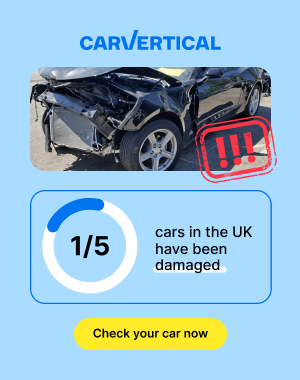
Fewer potential car buyers are likely to consider an electric vehicle than they were at this point last year. That’s the message from the recently released EY Mobility Consumer Index, which came out this morning.
American car buyers are 14 percent less likely to buy an EV than they were in 2023, down to 34 percent from 48 last year. Buyers cite fears about battery replacement costs and difficulties finding and using public chargers as primary concerns. EY’s Steve Patton said that the drop in EV enthusiasm is larger than expected despite an anticipated downturn in demand growth.

The study did find some bright spots in the EV market. It showed that buyers are less concerned about EV range, and people are generally more confident in the public charging networks. That said, battery replacements remain an issue, however unwarranted it might be. Automakers offer at least eight years and up to 100,000 miles of warranty coverage for electric drivetrain components, and most research shows that batteries should last more than a decade.

EY’s findings support what we’re seeing in the industry. Automakers are returning to hybrids and plug-in hybrids to satisfy buyers’ desire for more affordable, fuel-efficient vehicles. They are still pressing forward with EVs and other alternative fuels, but Patton believes that consumer education is vital to ensure future growth in the electric vehicle market, which should help address fears about battery life.
“The consumer needs to be educated. Those batteries are proving to have 12-, 15-year life cycles, and most of us don’t even hold a vehicle for 12 or 15 years.”
[Images: Kia, Ford, GM/Chevrolet]
Become a TTAC insider. Get the latest news, features, TTAC takes, and everything else that gets to the truth about cars first by subscribing to our newsletter.

